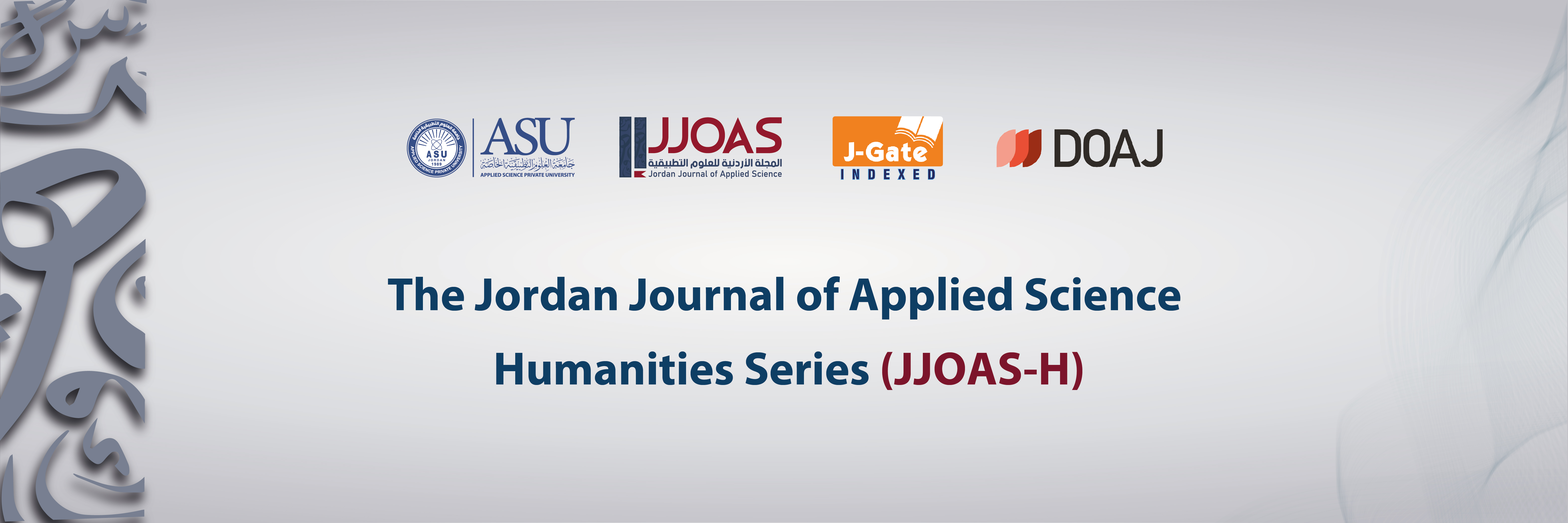
DOI
https://doi.org/10.35192/jjoas-h.v40i2.798
Abstract
The Middle East plays a crucial role in France's foreign policy. This study examines France's approach to the Middle East during Macron's first term, aiming to uncover the motives behind Macron's policies in the region and how he manages them. The significance of the study lies in analyzing how France maintains a traditional balancing approach with international actors. The hypothesis is that France adopts a traditional and reassuring approach and has close relations with Middle Eastern powers, assisting the president in achieving his goals. The study raises several questions, including how Macron's foreign policy in the Middle East has evolved since he took office, the nature of France's reassurance policy, the scope of France's economic cooperation with the Middle East, and the president's efforts in the Israeli-Palestinian conflict. To achieve these objectives, the study employs an analytical and descriptive methodology. The study concludes that France often positions itself as a force for stability and conflict resolution, especially under President Macron, through active involvement in the region alongside a commercial presence. The results demonstrate that the key to understanding France's Middle Eastern foreign policy is recognizing the region as a focal point for the foreign policies of great powers like France. Additionally, French trade finds markets in the Middle East, and the mutual relations indicate a shared understanding between France and the Middle East at various levels.
Recommended Citation
Safouri, Eman
(2024)
"French Foreign Policy in the Middle East During President Macron's First Term: Researcher's Curriculum Vitae,"
Jordan Journal of Applied Science-Humanities Series: Vol. 40:
Iss.
2, Article 10.
DOI: https://doi.org/10.35192/jjoas-h.v40i2.798
Available at:
https://digitalcommons.aaru.edu.jo/jjoas-h/vol40/iss2/10
Included in
© 2024 by the author(s). This is an open-access article distributed under the terms of the CC BY 4.0 Attribution license.

